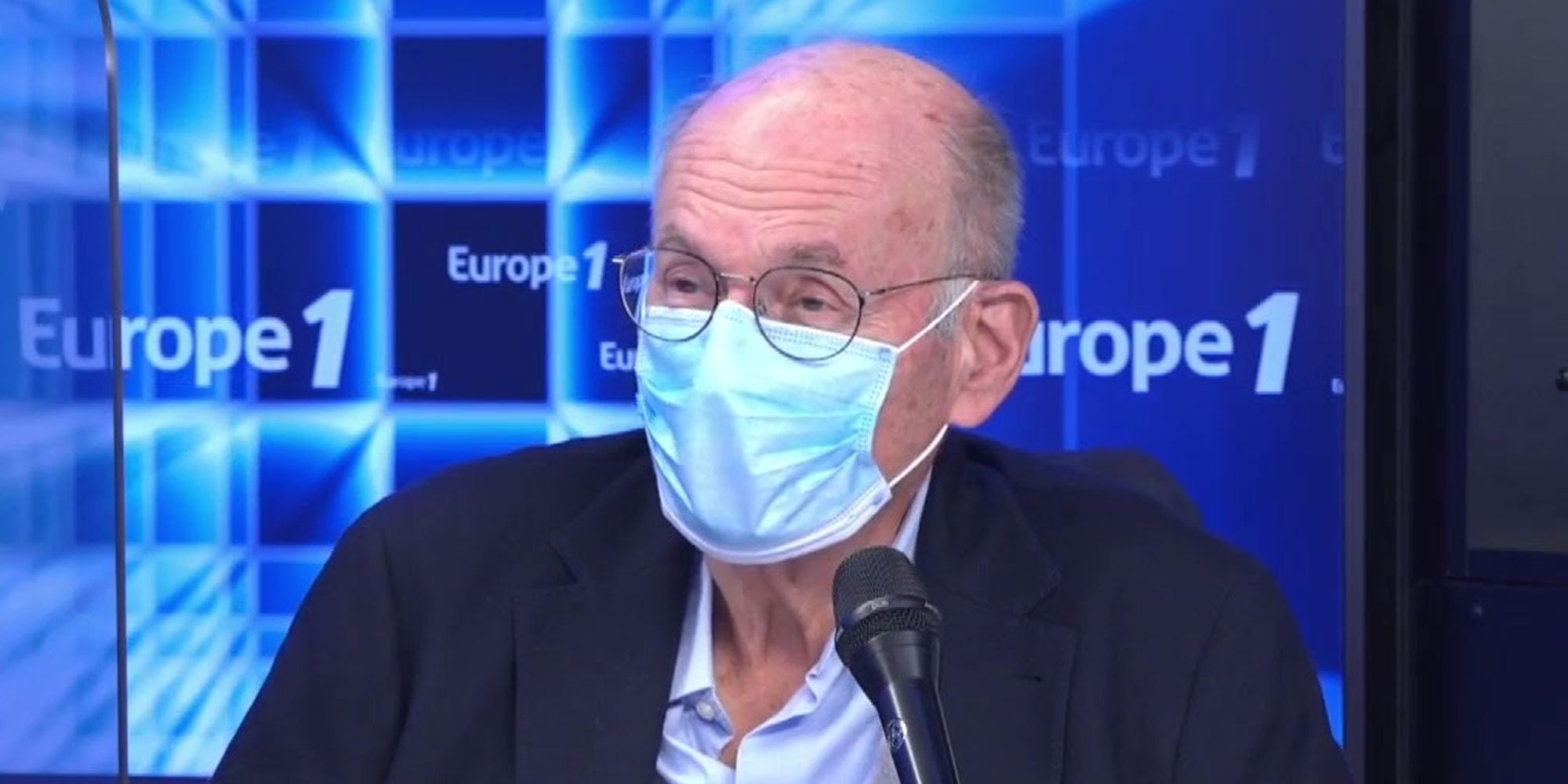Invited Wednesday morning from Europe 1, the neuropsychiatrist Boris Cyrulnik estimated that the health constraints suffered for nearly a year by the French could have significant neurological consequences, especially on people who are at pivotal periods in their lives, such as teens.
INTERVIEW
The health situation remains precarious in France, and could quickly deteriorate in the face of the appearance of new variants of Covid-19, which are more contagious.
The hypothesis of a third confinement is now making its way within the government.
For the neuropsychiatrist Boris Cyrulnik, who publishes
Souls and Seasons
at Odile Jacob, these long fewer health constraints, marked by periods of loosening and then new turns of the screw, will leave a lasting mark on the morale of some French people, even when the crisis will be completely over.
"We will get out of this virus by leaving a lot of feathers there," he said on Wednesday at the microphone of Europe Matin.
"Containment is a physical protection against the virus, but a very important psychological attack, it is even a neurological attack because it is a sensory isolation", explains Boris Cyrulnik.
"The first psychological attack was domestic violence. 48 hours after the start of confinement, 119 was overwhelmed," he points out.
Another population on which confinements are likely to have serious consequences: adolescents.
"They're going to pay dearly for it because adolescence is a sensitive time in their development. They're going to be stuck for a year or two. They're wasting their time when the brain is building its circuits, when they are in orbit their whole life. "
>> LIVE -
Coronavirus: follow the evolution of the situation Wednesday, January 20
In the absence of social life, the brain is no longer sufficiently stimulated
According to this specialist, the risk for adolescents is to see their journey towards emotional maturity and their young adult life considerably delayed by the different periods of isolation and confinement they go through over the months.
"A brain needs stimulation by speech, gestures, mimics, movement, etc. If it is not stimulated, the synapses do not connect and the brain gives the impression of atrophy", notes Boris Cyrulnik again.
However, reading, screens, and physical activity at home "can offer some form of compensation.
Conversely, the youngest are those for whom the health crisis will undoubtedly be the most quickly forgotten: "Small children will not be very affected since they have around them the arms of mom and the arms of dad. . They managed, "said Boris Cyrulnik.

